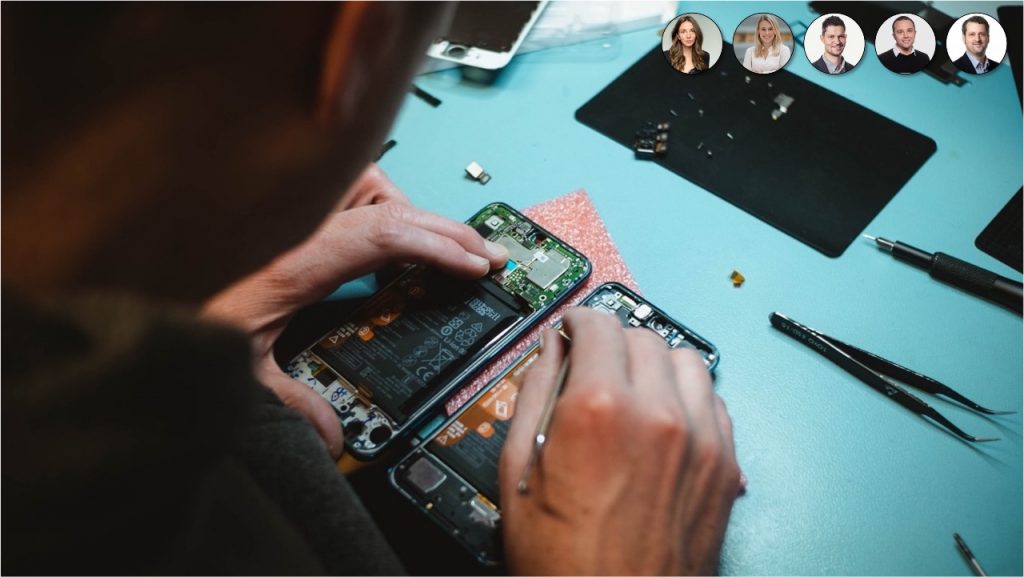
The topic of the circular economy is receiving increasing attention, driven by problems such as climate change, resource scarcity and global instability, which can hardly be solved with the prevailing linear economy and its “take-make-dispose” approach. Not only the European Union is convinced that the transition to a circular economy will reduce pressure on natural resources and create sustainable growth and jobs. It is also seen as a prerequisite to achieve the EU’s 2050 climate neutrality target and to halt biodiversity loss. Consequently, the new Circular Economy Action Plan from March 2020 is one of the main building blocks of the European Green Deal. This new action plan “announces initiatives along the life cycle of products. It targets how products are designed, promotes circular economy processes, encourages sustainable consumption, and aims to ensure that waste is prevented and the resources used are kept in the EU economy for as long as possible.” Additional pressure on companies to transform their mostly traditional business models into more sustainable and circular ones is often coming from the customer and increasingly also from the financing side (e.g. EU Taxonomy and Sustainable Finance Disclosure Regulation).
While some companies have reportedly already implemented (profitable) circular business models or at least gained valuable experience, others are only at the beginning of this seemingly inevitable transition or have not even started yet. From the academic perspective, the success of such a transition is also a matter of knowledge and qualifications within a company. Universities and business schools must therefore include this topic in their curricula to prepare the students for this long-term, complex transition phase and its challenges. But how do you teach this, going beyond just explaining the need for this system change? Fortunately, there are already quite a few good publications, books and theoretical concepts on the subject of circular economy. However, the practical transition of a company from linear to circular remains an at least partially unexplored field. One challenge from a teacher’s perspective is to identify and select appropriate theoretical building blocks in terms of methods and concepts to be used later. The other challenge is to develop a teaching concept in which the students can ideally already apply these circular methods and concepts in class. The integration of a business simulation game (e.g. The Blue Connection) into the course could be an attractive option.
Both Copenhagen Business School (CBS) and NORDAKADEMIE have recently included the topic of circular economy in their curricula. Courses are currently running and initial teaching experience is being gathered. The student’s feedback will be systematically evaluated at the end of the semester, but interest in this topic is generally very high. I am personally delighted to be involved in the development of our teaching content in this important area.
Photo by NORDAKADEMIE.




